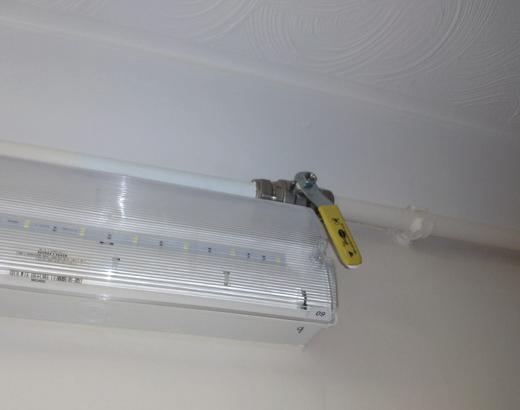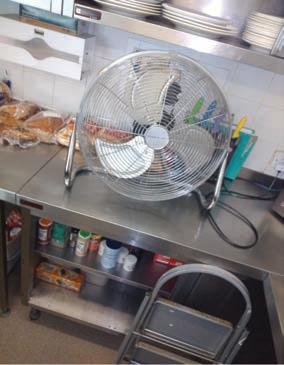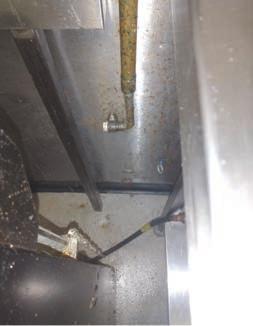
4 minute read
Letters
Intouch Please send your letters, which may be edited, to editorial@registeredgasengineer.co.uk.
How can mandatory water treatment be policed?
Water treatment to be made mandatory (Registered Gas Engineer, May 2021)? How do you think this can be policed?
I can imagine some of my customers’ reactions when I tell them that when I service the boiler next year, I will have to fit a filter and maybe flush the system out again, the cost rises from £70 to hundreds – and I know it isn’t needed. I will probably get thrown out and told not to come back, then some fly-by-night will be found to service the boiler and steal my customer.
Filters can only do so much. I recently spent a couple of days flushing a big house system: a filter would have been a costly job as the cylinder cupboard was tight and the two pipes came straight off the top of the boiler and there was no room.
If you think you can tell householders that they will have to fork out hundreds of pounds, think again. My systems are properly cleaned and the filter on my own house will be removed in the summer because it has done its job over the past five years and I can have my kitchen cupboard back. Martin Garside
Drivers needed to support critical CO study
Recent studies have shown that the air inside cars can contain dangerous levels of carbon monoxide, approaching, and in some cases exceeding, WHO limits.
Driving on heavily polluted roads exposes passengers to raised levels of CO through the air intake of the car. However, in-car CO exposure depends not just on the quality of air outside the car, but on the performance of systems within the car.
Comparison of in-car CO values and ambient CO indicates that this is likely to be due to internal leakage of exhaust gases rather than simple ingress of external pollution. To date, however, no comparable study has been published in the UK.
AirSafe London began investigating this issue in 2018, supported by the CO Research Trust [formerly the Gas Safety Trust] and has carried out two phases of testing to date. The results so far are concerning: of 26 cars tested, nine showed significantly elevated in-car CO levels.
The public health implications of this are significant, particularly for professionals such as Gas Safe engineers, who spend considerable time driving.
The goal of AirSafe London is to help protect passengers, and to achieve this, they need to test more vehicles to obtain good-quality data. AirSafe London is now looking to recruit companies who would be willing to put monitors into their cars, particularly the cars of professionals who spend a lot of time on the road.
Testing is very simple. A lightweight self-calibrating device plugs into an iPhone (Androids are not yet fully supported) inside the vehicle. The results are emailed using an app. Journey logs can be as short as five minutes, or longer if users prefer. The longer the recording time, the more data that can be collected. The testing will need to take place over a two-week period.
The effects of long-term CO exposure are wide ranging and can be devastating. Your support in helping to eliminate the risk of CO poisoning is much appreciated. Dr Sophie Duggan, AirSafe London, and Adrian McConnell, CO Research Trust If you would like to take part in this study, please email Dr Sophie Duggan at: drsophieduggan@airsafe.london


No care in care home
I recently got called to look at an LPG install on a commercial range cooker in a care home. I noticed a lot of challenges, including the flexible hoses tube out of date, the cylinders not chained to the wall and/or caged, the ECV and AECV obstructed, all vents blocked, a portable fan offering cooling to the chef and the CO and CO2 levels over the roof because there was no interlock with the extractor fan.
There was no higher and lower ventilation, the extractor was not suitable and had no data plate attached to it, and was in a position that any LPG escape or CO or CO2 would go into the residents’ lounge.
When I set the lot up to test what I knew would fail, I was afraid for my own safety as I saw it as Immediately Dangerous but had to check. I really hope soon we can safeguard ourselves and be able to take a view before putting ourselves in danger for having to test an environment that we know will cause us danger, inhaling products that will damage us.
Anyway, I IDed the premises, capped off and made safe. And guess what: they didn’t pay my bill for making the residents and staff safe. Benjamin Frost








